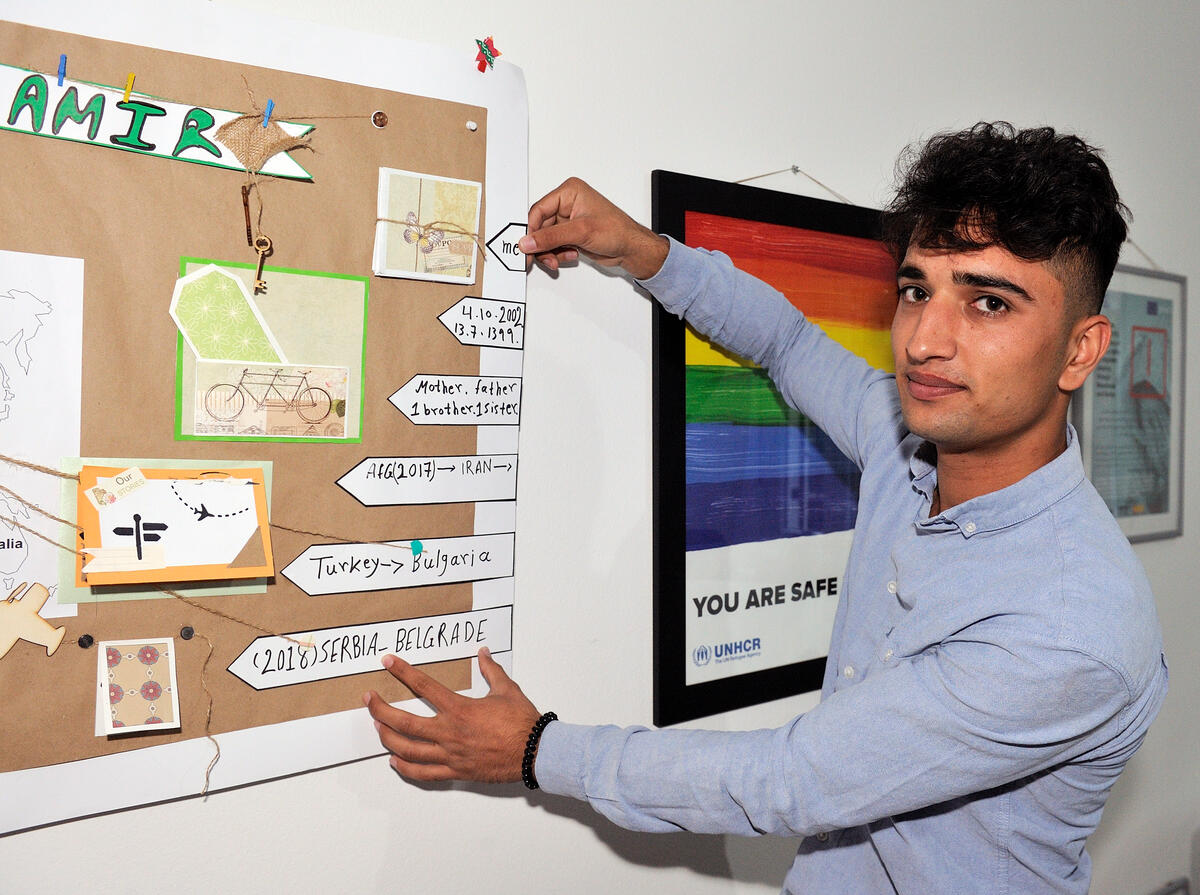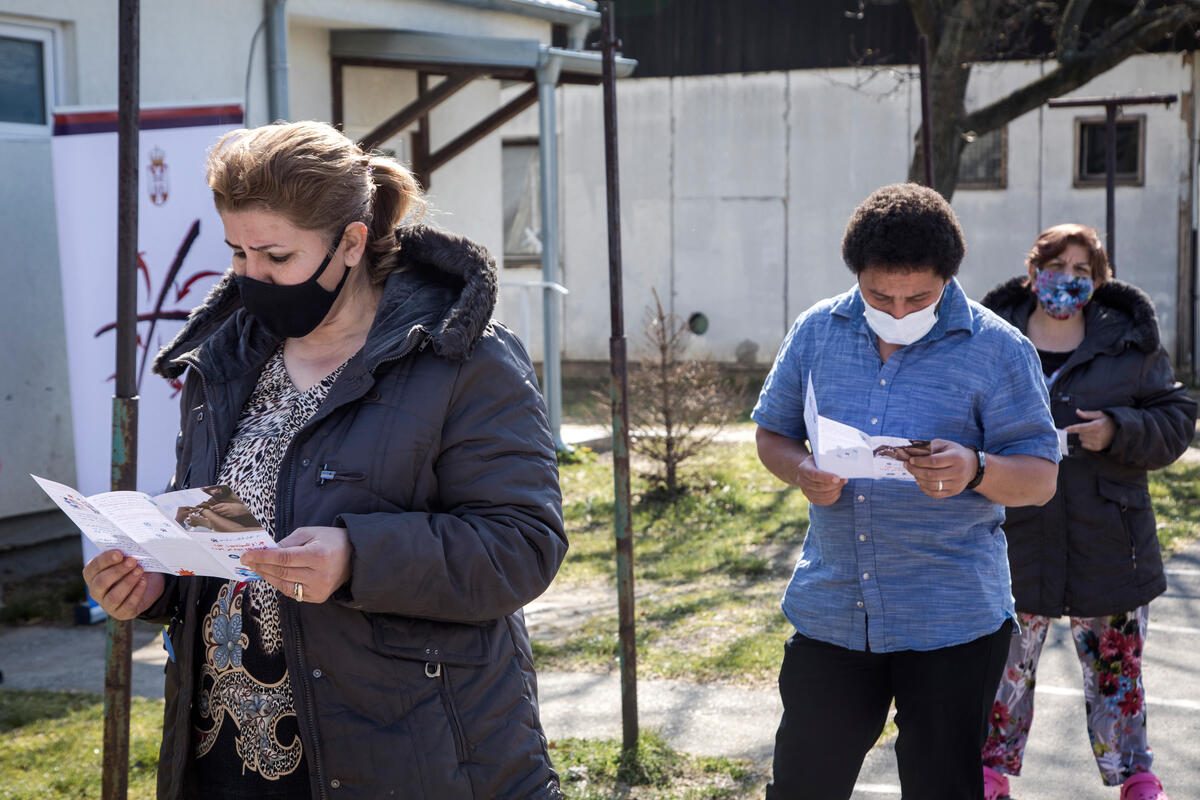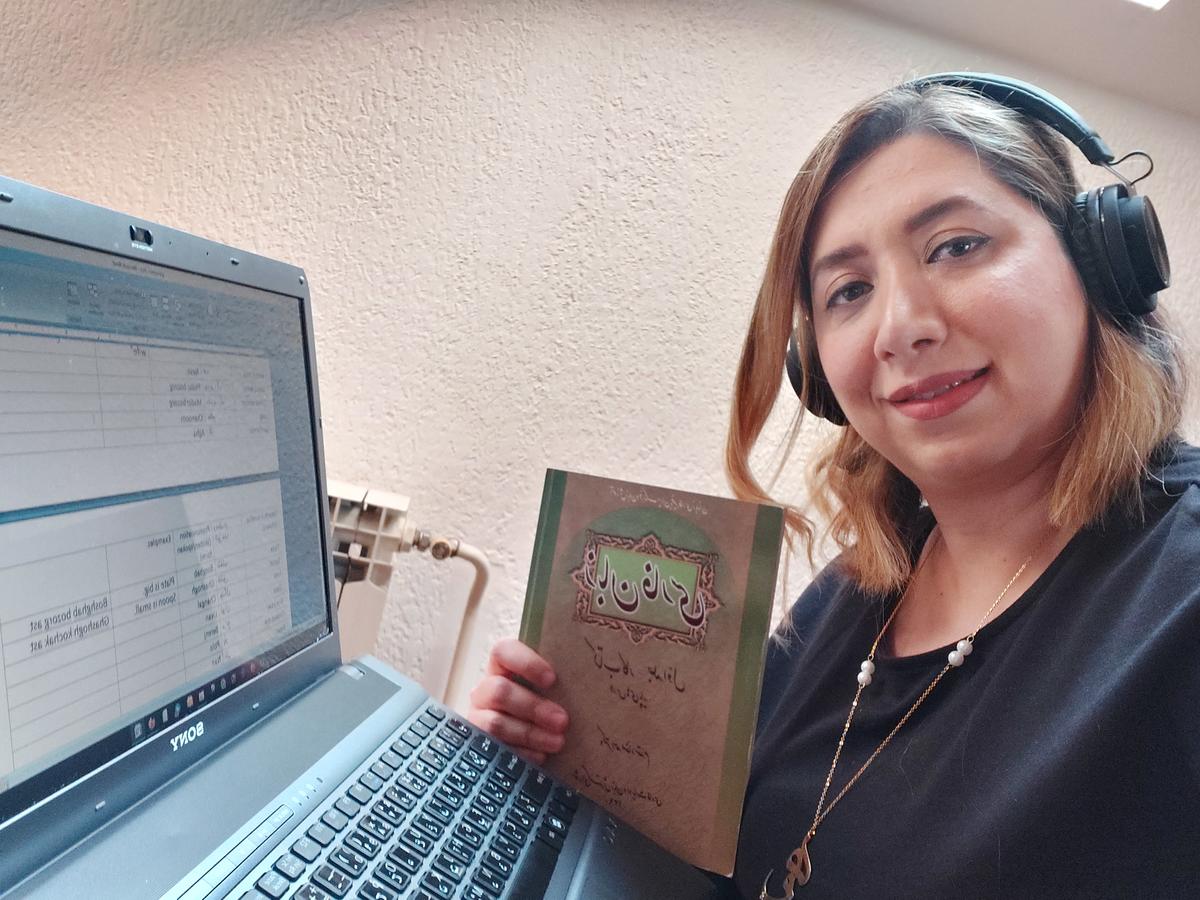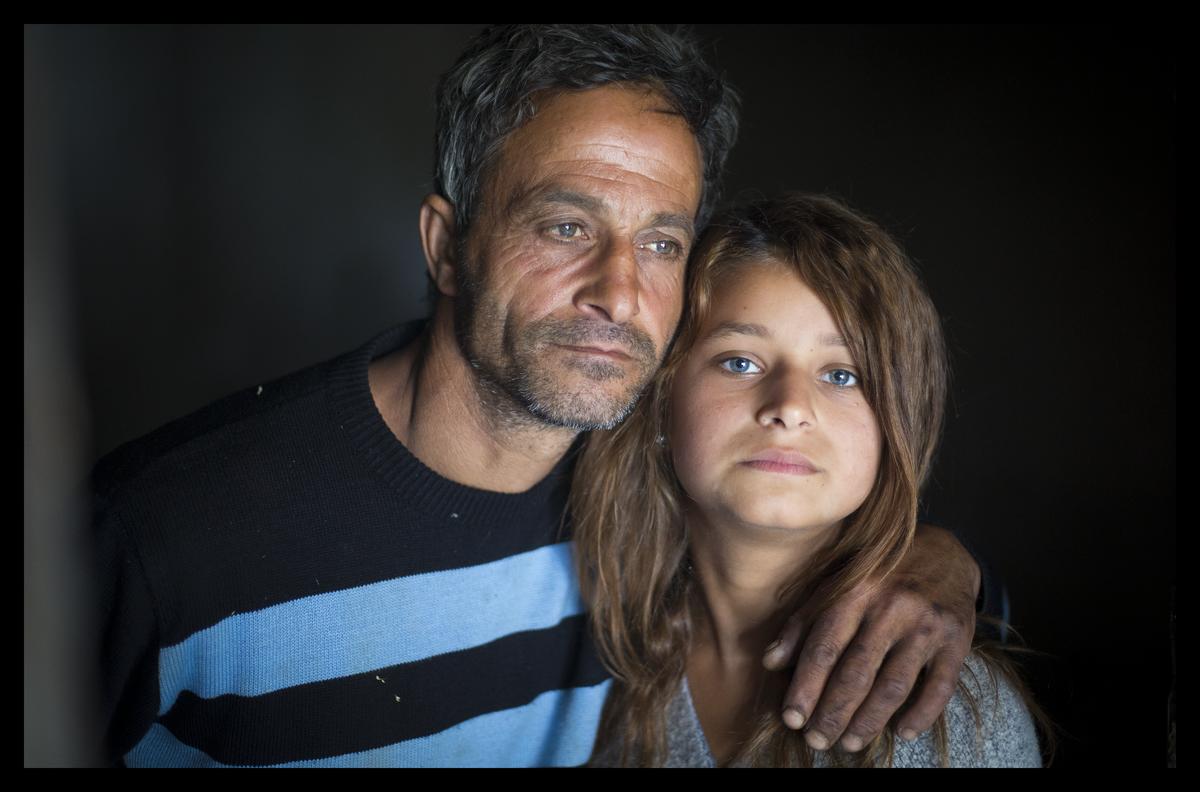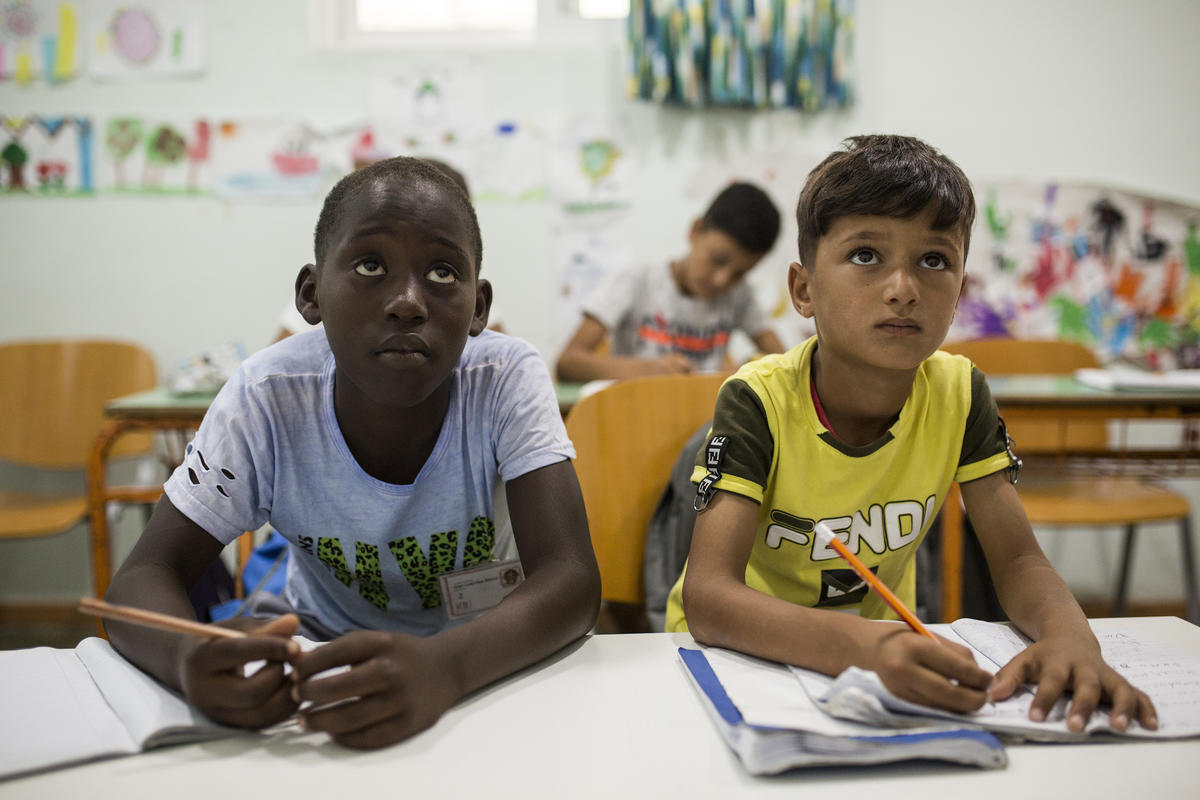Kosovo Crisis Update
Kosovo Crisis Update
Tragic accident in Albania
The US-based NGO Refugees International reported that on Monday 19 April, three staff members and their Albanian driver were killed in a car accident while travelling from Tirana to Kukes. UNHCR is deeply sorrowed by this news. The tireless efforts of the staff of Refugees International in some of the most difficult circumstances have been of great support to UNHCR and to the protection of vulnerable people around the world. This is a tragic loss to the humanitarian community. UNHCR expresses its most sincere condolences to the staff of Refugees International and to the victims' families.
Albania
Fewer than 50 refugees crossed the Morini border into Albania on Monday. Sporadic shelling and shooting incidents in border areas have led to a significant rise in the level of tension along the border.
The overall security situation in the Kukes prefecture is a source of growing concern. Emergency assistance to new arrivals is being provided at a certain distance from the border posts, while efforts to transfer refugees out of Kukes to other parts of Albania continue. In the past several days, UNHCR has stepped up its campaign to encourage refugees to move south, using radio announcements, distribution of leaflets and announcements at major refugee hosting sites. Combined with the onset of bad weather, the campaign has resulted in over 20,000 persons leaving northern Albania for the south over the last two days, including 14 medical evacuations on four Swiss and Italian helicopter flights yesterday. The total number of refugees moved to central/southern Albania from the Kukes area as of 19 April was 191,000.
While the whole refugee population is in need of stepped up assistance, UNHCR notes that there are a significant number of handicapped children and adults requiring special care. Assistance in the form of clothing, hygiene kits and mattresses is being provided as a priority to these vulnerable refugees. Efforts are also being made to house them near clinics where their condition can be closely monitored. UNHCR urges NGOs working in Albania to address the specific needs of these individuals.
UNHCR and the government of Italy have signed a Memorandum of Understanding on the management of tent camps in Albania. Under this agreement, the Italian government will hand over the management responsibilities of the Italian camps in Albania to UNHCR and its NGO partners. The handover will begin with the transfer of the so-called "Kukes 2" camp, housing 7,000 refugees, where CARE will be UNHCR's implementing partner.
In an effort to support Albanian families which are hosting refugees, UNHCR and the Red Cross movement have agreed on the distribution of food parcels to host families for an initial 3-month period. The parcels are to contain staples (wheat flour, rice, pasta, oil, sugar, salt and yeast) as well as tinned meat or fish. Distribution will be undertaken by the Albanian Red Cross.
FYR of Macedonia
A UNHCR team conducted two monitoring trips along the border during Monday 19 April, but observed little movement inside Kosovo. The sudden halt in the refugee movements was described by UNHCR staff as "eerie". Two tractors pulling wagons full of people could be seen returning back into Kosovo from the border area on a mountain road. Only one group of 40 refugees who arrived by private cars crossed into Macedonia at the Blace border crossing and were transported by bus to the Stankovac I transit camp. No refugees arrived at the Tabanovce border crossing during the day.
A group of at least 2,000 refugees were reported to be attempting to cross at Lojane. UNHCR staff thought more people might be waiting behind the hill which blocks the view into Kosovo. Although the government said that the group would be allowed to enter Macedonia and 11 buses were sent to the area on Monday night, as of Tuesday morning none of these refugees had been allowed entry to the FYR of Macedonia. UNHCR sent 3 trucks with blankets and food to Lojane, but were not permitted to unload these relief supplies.
Following urgent appeals by UNHCR, the Macedonian government has agreed to the establishment of a new camp, to be called Cegrane camp, south of Tetovo. The camp will initially house a population of 5,000, and will be expanded to accommodate 15,000. The government has also approved the establishment of a new transit facility at Blace with a capacity for 5,000 people. Tents will provide accommodation at the transit centre for up to three days.
The need to reunite split families in the region remains high on the agenda of all humanitarian agencies. The ICRC in Macedonia has already registered 185 unaccompanied children and has recorded 439 requests from parents to be reunited with children from whom they became separated during flight.
UNHCR's Deputy High Commissioner, Mr. Gerald Walzer, arrived in Macedonia on Sunday and visited the border at Blace and the Stankovac I and II transit sites. At the border he met with a group of refugees who had arrived by foot from Pristina. The refugees described how they were required to pay 3,000-4,000 DM each to get to the border. The Deputy High Commissioner is scheduled to meet on Tuesday in Skopje with the President of Macedonia and senior government officials, as well as NATO officials and heads of humanitarian organizations.
Republic of Montenegro
Around 1,300 displaced persons arrived in Albania during Monday via the border crossing at Bozaj, after having passed through Montenegro.
Reports of a deterioration in the security situation in and around the town of Rozaje over recent days have given rise to concern for the safety of both internally displaced persons and staff of international agencies working in the area. Increased incidents of harassment of displaced persons and movements of troops and material through the area have been reported. Relief supplies delivered yesterday were distributed by MSF, MDM, Red Cross and local health clinics.
UNHCR-IOM Humanitarian Evacuation Programme
On Monday 19 April, 390 refugees were flown out of Skopje to Poland on 3 flights. Poland, Belgium, Austria and Turkey have scheduled evacuation flights for today.
Government teams from France, Sweden, Norway and Austria have arrived in Skopje in order to oversee the processing of refugees for departure to their respective countries. UNHCR urges governments to avoid lengthy procedures which might hamper the speed of evacuations.
UNHCR is conducting an assessment of medical cases in the camps in Macedonia to identify refugees who are in need of evacuation for medical reasons.




